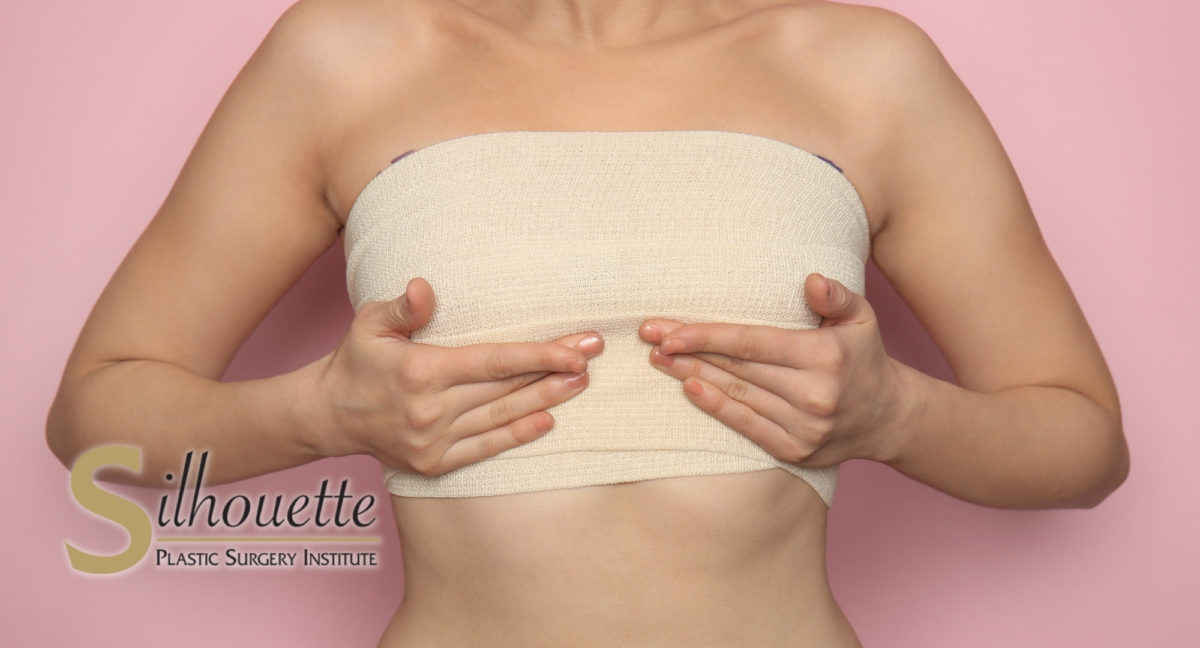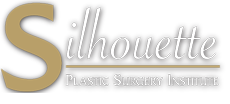Dr. Hootan Daneshmand
Capsular Contracture Repair
Home » Our Procedures » Breast Surgery Procedures » Capsular Contracture
Identifying and Correcting Capsular Contracture

What is Capsular Contracture?
How to Reduce the Risk of Capsular Contracture
Textured Implants
Textured implants help deter capsular contracture formation because their rough surface discourages a hard capsule of scar tissue from forming around the breast implant. In scientific studies, however, this benefit has been shown only in subglandular (above the muscle) breast augmentations. Since most breast implants today are placed fully behind the chest wall muscle (submuscular or subpectoral), the benefits of textured implants is limited, and they are not commonly used. The disadvantage of textured implants is that the texturing process makes the wall of the implant thicker, making it more likely that you will be able to see or feel the edges of the implants.
Under the Muscle Placement
Under the muscle placement (subpectoral or partially submuscular) of the implant reduces the risk of capsular contracture to approximately 8-12% over your lifetime. Over the muscle (in front of the muscle, submammary or subglandular) has a 12-18% chance of capsular contracture. Complete unders (totally submuscular or totally submusculofascial) provide even more protection, with your risk of capsular contracture being reduced to 4-8% over your lifetime.
Massage
Massage may or may not help prevent capsular contracture formation. Although there are no good studies proving the effectiveness of this technique, many plastic surgeons do believe in massage. The belief is that massage can help the breasts soften post-operatively, may hasten implant “dropping and fluffing” (implant settling into the pocket as the muscle relaxes and the implants descend into the proper position), and may also help reduce swelling and make a patient feel better faster post-operatively. Just like a massage at a spa, breast massage can loosen the muscles and make a patient feel better.
The "No-Touch" Technique
The “no-touch” technique. In this method, the sterile package containing the implants is opened only at the moment they are ready to be inserted into the body. No one else handles the implants except the surgeon. He re-sterilizes the skin of the breasts with betadine, re-drapes the operative field surrounding the breasts with new sterile towels, and replaces his own gloves. He washes the surface of his new gloves to remove any powder, and only then will he touch the implants. When the implants are inserted into the body, he takes care not to allow the implants to touch any instruments, the skin of the patient, or any sterile drapes surrounding the operative field. In this manner, there can be little chance of surface contaminants on the implants once they are inside the body. All of these measures help ensure that no foreign substances attach themselves to the implant, which could inflame the surrounding tissue and cause complications such as capsular contracture.
Closed Filling System (For Saline Implants)
Closed filling system (when saline implants are being used). Many plastic surgeons believe that a closed filling system reduces the potential for capsular contracture. With this technique, the saline used to fill your implants flows from a sterile bag through sterile tubing into the sterile implant. There is no possibility of foreign bodies or bacteria or fungus entering the implants.
How is Capsular Contracture Diagnosed?
Capsular contracture is usually diagnosed on physical examination by a plastic surgeon. You may notice that one or both of your breasts are not as soft as they once were or may actually begin to harden, your breasts may begin to look or feel different, or you may experience some discomfort from the tightening of the capsule. The appearance of any of these signs should alert you to the need to have your breasts examined by a plastic surgeon at your earliest convenience.
Your plastic surgeon will examine you to determine if indeed you have a capsular contracture. The examination of each breast is classified on a scale of I to IV:
- Grade I: The breast is soft and normal.
- Grade II: The breast is less soft than normal, and the implant can be palpated.
- Grade III: The breast is firm, the implant can be palpated easily, and an asymmetrical distortion of shape can be appreciated.
- Grade IV: The breast is hard, tender, painful, and the shape distortion is pronounced or severe.
Can Capsular Contracture Be Seen on a Mammogram?
It is often possible to visualize the thickened capsules radiologically with a mammogram, ultrasound, or MRI, although this is not necessary for the diagnosis to be made.
How to Treat Capsular Contracture
Zafirlukast (Accolate)
Zafirlukast (brand name: Accolate) taken twice a day for 90 days has been shown to result in a softening of the scar tissue around the implants in approximately 50% of cases. Forty randomly chosen patients with capsular contractures were given zafirlukast (Accolate) and experienced dramatic softening of the breasts over 3-6 months. In another study, thirty patients with capsular contractures used Accolate for 12 months and 50% experienced softening of the breasts. Accolate has also been shown to decrease the recurrence of capsular contracture in patients undergoing capsulectomy. If you have a capsular contracture, most plastic surgeons will most likely recommend a trial of Accolate before considering surgical intervention. If you are having a surgical capsulectomy, Dr. Daneshmand will likely recommend a short course of Accolate pre-and post-operatively.
- Suggested dose: 20mg Zafirlukast twice daily for 3 months. The same dose is used for preventive treatment 2 weeks prior to surgery.
- Risks: Allergic rashes. Long term effects are unknown as Zafirlukast has only been available in the US since 1999.
- Other benefits: Zafirlukast is also used for chronic rhinitis, so patients may notice improved breathing and decreased snoring.
Capsulectomy (Complete Removal of the Scar Capsule)
For those patients without significant softening during a trial of Accolate, the only other effective alternative is to completely remove the scar tissue surrounding the implant. Although this does not eliminate the possibility of future scar tissue forming around the implant, it does reduce the risk of subsequent capsular contracture when compared to other methods. Other methods which have fallen out of favor with most surgeons include capsulotomy (which means only scoring or breaking up of the scar tissue, not complete removal), or a closed capsulotomy (where the surgeon squeezes the breast so hard that there is actually an audible popping noise from the scar tissue breaking open) which is rarely performed anymore because it almost always fails, may break your implants, may cause internal bleeding around the implant, and probably invalidates your warranty.
The most appropriate treatment for capsular contracture is complete capsulectomy or removal of the entire thickened capsule surrounding the breast implant. This is the most likely procedure to prevent future recurrent capsular contractures from forming. Capsulotomy, or merely cutting the capsule to release the scar formation, is much more likely to lead to a recurrence of the problem.
Capsular Contracture Treatment in Orange County and Bakersfield, CA
For options on getting a capsular contracture treatment in California, contact Silhouette Plastic Surgery at 949-359-8397 today.
